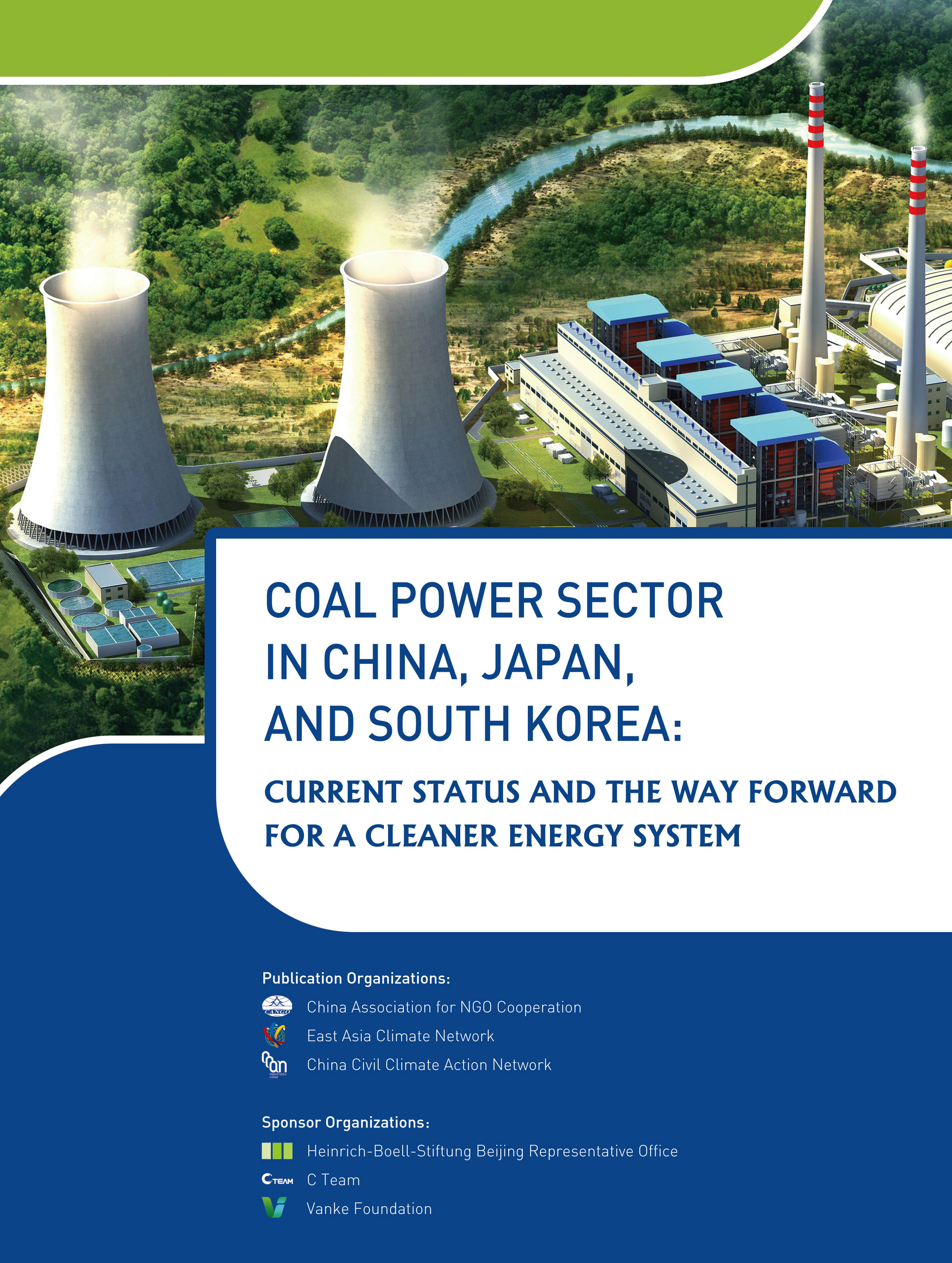

The impacts of climate change have been felt by human society. Global temperature has risen 1 for the past 100 years, and 2017 was the hottest year on record. Impacts from climate change vary by region; some areas suffer from heavy rain and flooding, whilst others face serious drought, heatwaves and wildfires. Hurricanes and typhoons are becoming stronger, causing storms, storm surge and flooding.
East Asia is no exception. In the beginning of July 2018, western Japan experienced the highest levels of precipitation in recorded history. Dikes and dams burst, killing over 200 people. Later the same month, Japan hit its highest ever temperature of 41.1 . Temperatures remained over 35 for weeks and a number of people were hospitalized due to heatstroke, many of whom later lost their lives.
In South Korea, there were 7,000 more excess deaths in July and August 2018 compared to the previous year, and heatwaves pushed temperatures to 39.6 in Seoul, the highest in 111 years. Temperatures in rise twice as quickly as the global average, changing the climate from temperate to subtropical and exacerbating extreme events like floods, storms and droughts. The South Korea Environment Institution estimates that the cost of climate change would be 5.2% of GDP in 2100 if the economy continues to rely on fossil fuels. However, a transition to a low carbon, sustainable society could reduce said costs by one half.
In China, 2017 was an abnormally warm year, with average surface temperatures close to recordbreaking. As many as 70 million people were affected by the storms, floods, and geological disasters during the year; estimated direct economic losses exceeded USD 30 billion.
November 2016 saw the enaction of the Paris Agreement, providing for participating countries a framework with which they can mitigate climate change. It sets a target of global average temperature increase “well below 2 above preindustrial levels and pursuing efforts to limit the temperature increase to 1.5 above preindustrial level”. The Agreement’s target requires peaking greenhouse gas emissions as soon as possible, eventually achieving zero emissions during the late 21st century.
The transition from fossil fuels to renewable energy and energy‐saving technologies is already underway. In Europe, an increasing number of countries have declared their intention to end coal use, the most polluting fossil fuel. Fifty countries and public entities founded the “Power Past Coal Alliance” (PPCA), a network advancing the transition away from coal. However, such a movement is yet to be seen in East Asia.
In this report, members of the East Asia Climate Forum from China, Japan and South Korea introduce current status of coal‐fired power plants (CFPPs) and their prospects. All member countries are still heavily dependent on coal. In order to help realize the decarbonized society envisioned by the Paris Agreement, we hope this report could provide a different angle from civil society for a better understanding the issues and general trend of the coal power sector in East Asia, and could contribute to the discussion on a quicker transition to a cleaner energy system.




